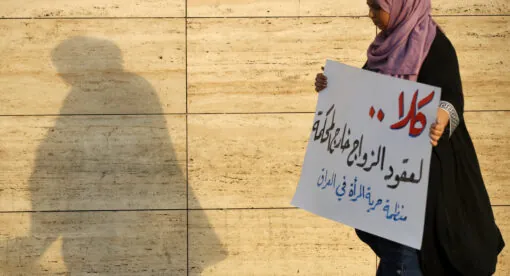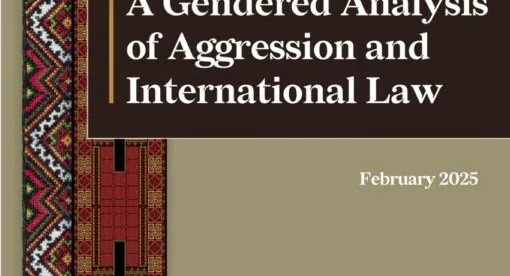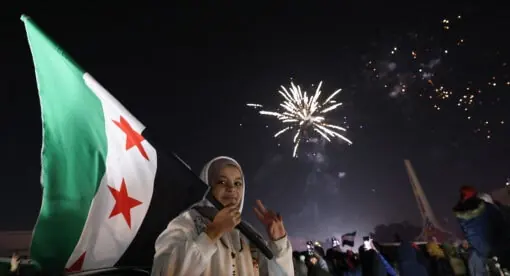The U.S. recently passed the Uyghur Human Rights Protection Act amidst mounting evidence of a concerted Chinese strategy to cleanse and control the Uyghur Muslim population. Newlines Institute’s panel of experts will explore international legislation on Uyghur Human Rights and their effects on China.

Home / Rising Tensions: International Legislation on Uyghur Human Rights
Rising Tensions: International Legislation on Uyghur Human Rights
1 min read
Related Articles

Women’s Rights in Albania: A Growing Phenomenon and the Last Taboos
This report is part of the larger anthology “Insights into Albania: Internal Struggles and Geopolitical Challenges in the Western Balkans”

How Temporary Marriages Can Exploit Vulnerable Women in Iraq
In Iraq, a conservative, predominantly Shiite country, conversations about sex and pleasure are prohibited. Yet beneath this veneer of modesty,

A Gendered Analysis of Aggression and International Law
Preventing inter-state aggression cannot succeed without dismantling gendered norms and belief systems.

Youth, Peace, and Security as a Critical U.S. Foreign Policy Framework
The world is currently experiencing a record number of armed conflicts, affecting an estimated 2 billion people. Youth, defined by